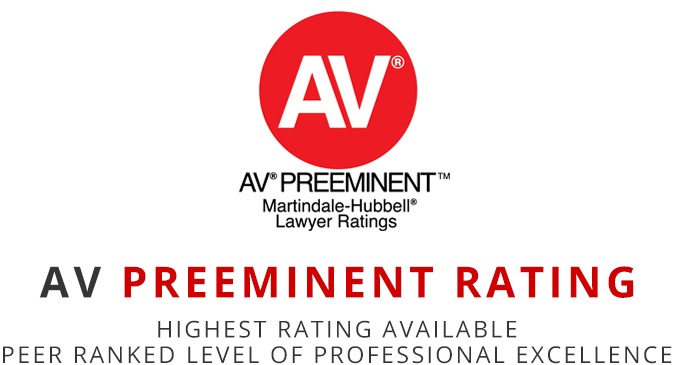Employer Liability in Work-Related Accidents: Legal Obligations and Consequences Featured

Please Note: "South Carolina being a Workers' Compensation State, the general rule for workplace injuries is that if you are injured on the job within the scope of employment, you are
limited to filing for Workers' Compensation, and you are barred from filing a lawsuit against your employer. Workers' Compensation is mandatory coverage by the employer for work-related
injuries of employees regardless of the liability of either employer or employee or any entity employed by the employer."
Introduction:
In the thirteenth article of our 14-day law blog series, we will discuss employer liability in work-related accidents, focusing on the legal obligations and consequences employers face when
accidents occur in the workplace. Understanding these responsibilities and potential liabilities is crucial for employers and employees, as it can help promote workplace safety and ensure
appropriate measures are in place to minimize risks.
Employer Legal Obligations
Employers have a legal duty to provide a safe working environment for their employees. This duty includes the following obligations:
- Compliance with safety regulations: Employers must comply with federal, state, and local safety regulations, such as those enforced by the Occupational Safety and Health Administration
(OSHA) and any applicable state-level agencies. This includes adhering to established safety standards, providing adequate training, and ensuring the necessary safety equipment is available
and properly maintained.
- Hazard identification and risk assessment: Employers are responsible for identifying and assessing workplace hazards, taking appropriate steps to mitigate or eliminate these risks, and
ensuring that employees are informed of potential dangers.
- Incident reporting and investigation: Employers must report serious work-related accidents or illnesses to the appropriate regulatory agencies, as well as investigate these incidents to
determine their causes and implement corrective measures to prevent future occurrences.
Potential Legal Consequences
If an employer fails to fulfill their legal obligations and a work-related accident occurs, they may face various legal consequences, including:
- Workers' compensation claims
Employers are generally required to carry workers' compensation insurance to cover employees' medical expenses and lost wages resulting from work-related injuries or illnesses.
If an employee is injured in a workplace accident, they may file a workers' compensation claim, and the employer's insurance will typically cover these costs.
- OSHA penalties and enforcement actions
If an employer is found to be in violation of OSHA regulations or fails to comply with their legal obligations, they may face fines, penalties, and other enforcement actions.
In severe cases, OSHA may shut down a business until the necessary safety measures are implemented.
- Personal injury lawsuits
In some cases, employees may file personal injury lawsuits against their employers for work-related accidents. This may occur if the employer's negligence contributed to the accident or if the workers'
compensation benefits are insufficient to cover the employee's damages. Employers found liable in a personal injury lawsuit may be required to pay damages, including medical expenses, lost wages,
and pain and suffering.
Mitigating Employer Liability
Employers can take several steps to mitigate their liability in the event of a workplace accident:
- Implement a comprehensive safety program: Develop and maintain a thorough workplace safety program, including regular training, hazard identification, and risk assessments.
- Foster a safety culture: Encourage a culture of safety throughout the organization by promoting open communication, providing ongoing training, and rewarding safe behavior.
- Stay informed and updated: Stay informed about changes in workplace safety regulations and industry best practices to ensure ongoing compliance and risk management.
In Conclusion
Employer liability in work-related accidents is a crucial aspect of workplace safety and accident prevention. By understanding their legal obligations and potential consequences, employers can take the
necessary steps to minimize risks and protect their employees. In the final article of our series, we will discuss the importance of a strong safety culture in reducing work-related accidents and fostering
a healthy work environment.
Last modified on Tuesday, 09 May 2023 12:56
Administrator

Meet our blog administrator team. Our team is responsible for managing and creating content for our law firm's blog, with a focus on family law, estate planning, and personal injury. We are dedicated to providing accurate and informative articles to our readers. Our goal is to educate and inform the public on legal issues that may affect them, but it's important to note that the content provided is not legal advice and should not be used as such. We are passionate about staying current on legal trends and developments and are committed to providing valuable information to our readers.






